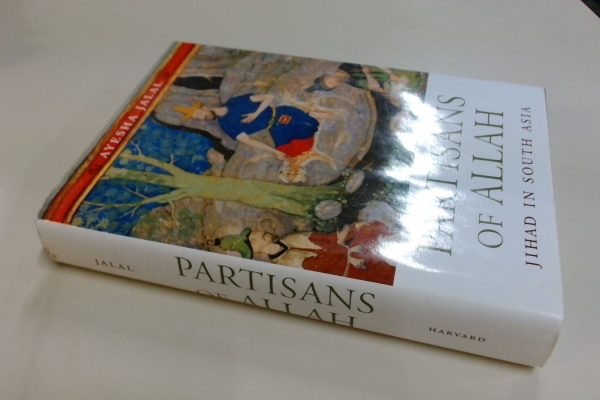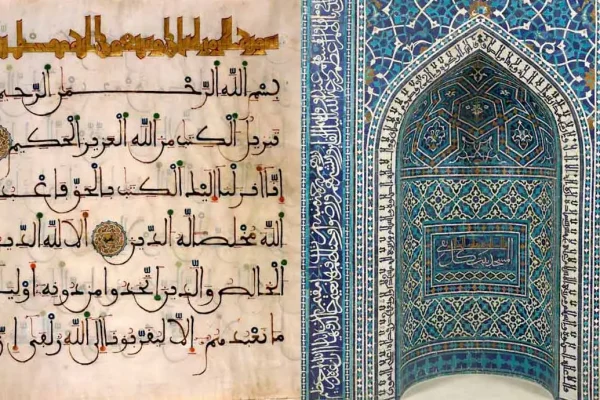
Understanding Satan’s Deception: A Rational Exploration Based on Surah Al-Shu’ara
Surah Al-Shu’ara, verses 221 to 223, highlight Satan’s strategy of deception through lies and falsehoods, likening it to modern cognitive distortions and the spread of misinformation. Satan’s whispers, seen as intrusive thoughts, create anxiety and misguidance, leading to immoral behavior and societal issues like corruption and social unrest. By understanding Satanic deception as a metaphor for these negative influences, we can better address their psychological and sociological impacts. Rational approaches, such as critical thinking, mindfulness, ethical behavior, and structured routines, can help counteract these influences and promote mental well-being and societal harmony.















